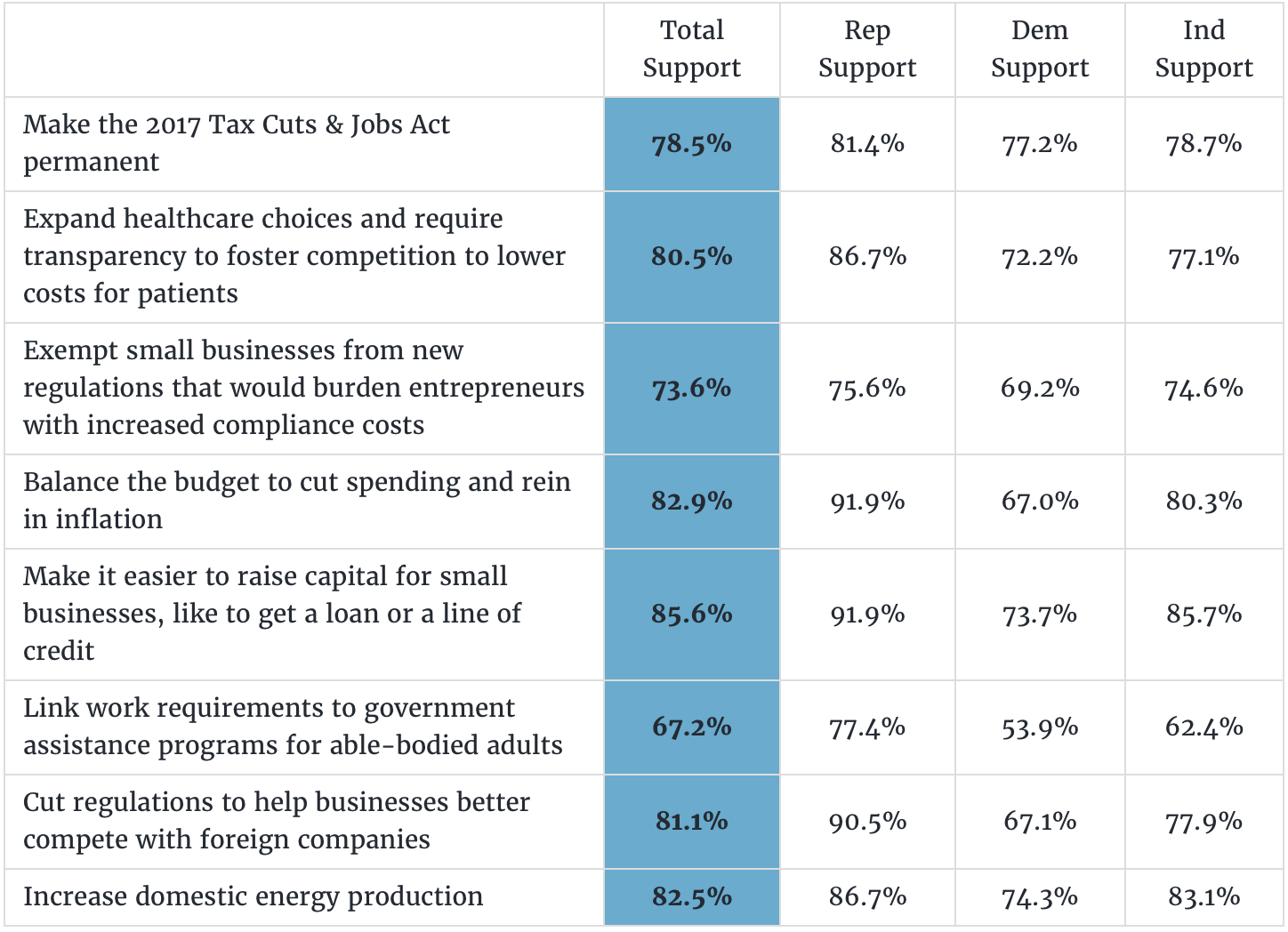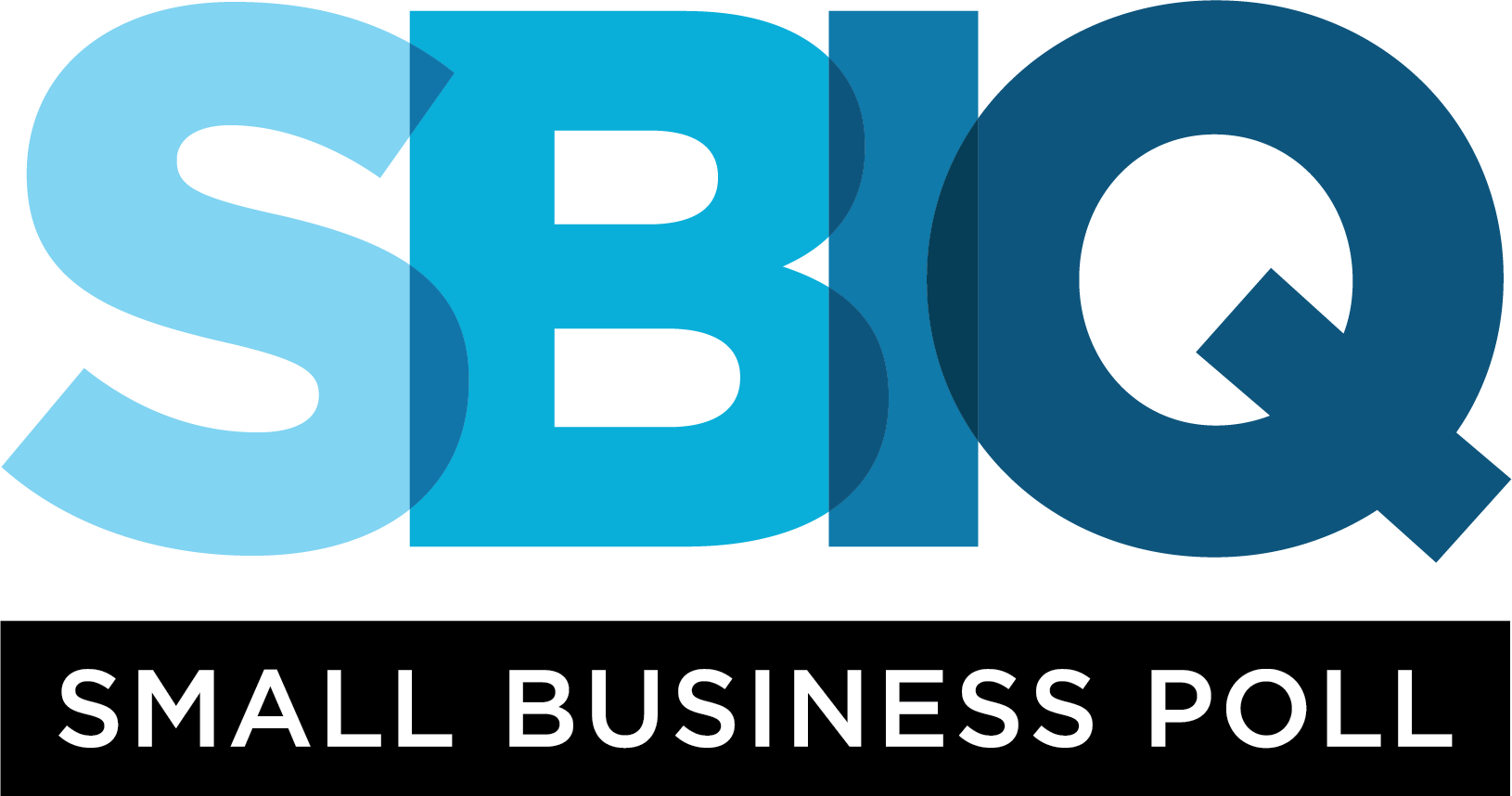Small businesses voiced their grave concerns over the state of the U.S. economy and their alarm over taxes, regulations, energy, and more in a new monthly Small Business IQ Poll released today by the Job Creators Network Foundation (JCNF). The Small Business Intelligence Quotient (SBIQ), an index tracking overall small business sentiment about the economy, measured at 56.1 points last month – remaining at a historically low level.
JCNF referenced these findings in their call for urgent bipartisan action from Congress on a common-sense package supported by a majority of Republicans, Democrats, and Independents.
“The vast majority of small businesses in America want bipartisan action in Congress to address their concerns with taxes, regulation, and the economy, as demonstrated in our new opinion survey,” said Elaine Parker, President of the Job Creators Network Foundation. “Small businesses are struggling in this economy, and they want action from this Congress. Across the political spectrum, they favor spending cuts and a balanced budget, an increase in domestic energy production, and making the 2017 Tax Cuts and Jobs Act permanent. The American Small Business Prosperity Plan — which is a political uniter that all lawmakers should support — would accomplish all of these objectives and strengthen the economy,” she concluded.
See the survey and detailed summaries: Job Creators Network Foundation Small Business IQ Monthly Poll.

About Support for the American Small Business Prosperity Plan
The poll found broad, bipartisan support among small business owners for JCN’s American Small Business Prosperity Plan — an eight-point policy blueprint that was launched last year in partnership with former Speaker of the House Newt Gingrich. It was developed so members of the 118th Congress can use it as a roadmap to empower the small business community. Notably, Speaker of the House Kevin McCarthy has endorsed the plan.
When parsing the data by political affiliation, it’s clear that support for the plan bridges the partisan divide — receiving majority support from Republicans, Democrats, and Independents.



